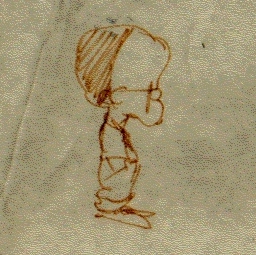- Blog/
Questions You Shouldn’t Ask Your American Non-White Coworkers If You’re On An H-1B Visa
As much as I complain about Americans acting like I’m an immigrant (and it’s not just white Americans — recently an African-American asked “What’s your nationality?” and a New Yorker of Puerto Rican descent attempted a visual DNA analysis when I showed her some family photos), actual immigrants are among the worst offenders.
Recent Asian immigrants want to nail down exactly what kind of Asian I am, and if they’re Chinese, watch out, I might get a lecture on how I should know Mandarin and I owe fealty to the motherland. Back when I was active on Quora, I saw a doozy of a question, where someone who was working here on a visa asked why his non-white coworkers ate American food when they went out to lunch and looked uneasy when he asked them why they didn’t display their “home culture” in public, if it was “taboo” to do so. This is how I answered:
They’re uneasy when you ask such questions because it sounds like you’re making assumptions based on stereotypes. I was born here, but since I’m Asian American I still have random people welcoming me to America, asking me how long I’ve lived here (I give them my age, but they usually don’t get it), what’s my nationality (I doubt if I asked any white person that question they’d respond with their ancestral European country), and telling me how nice and hard-working the Chinese are. I don’t even speak Chinese, and I’m first-generation. Even my parents, who are from Hong Kong, have lived here most of their lives by now. How we act in public is how we act at home, including when we celebrate Thanksgiving and Christmas. If you look at my house, it doesn’t look different from any other American house (except perhaps a slightly better appreciation than average for Asian food, which I buy at Trader Joe’s). Now, if this bugs me, imagine how someone who’s ancestors came here generations ago feels. And consider that there’s a history of discriminating against people because of their apparent ancestry and considered less American for those reasons. No one’s going to appreciate someone saying, hey, despite how you’re acting, I know you’re different, tell me how different you really are, do you have a secret handshake? Especially in the workplace, where some people have to wonder, did I not get that promotion because… Now of course, there are a variety of cultural influences here and people with differing backgrounds, and it’s really nice to see the mix — here in California you can get Korean tacos, for example. That’s one of the great things about this country. Just don’t try to make people into something they aren’t.

